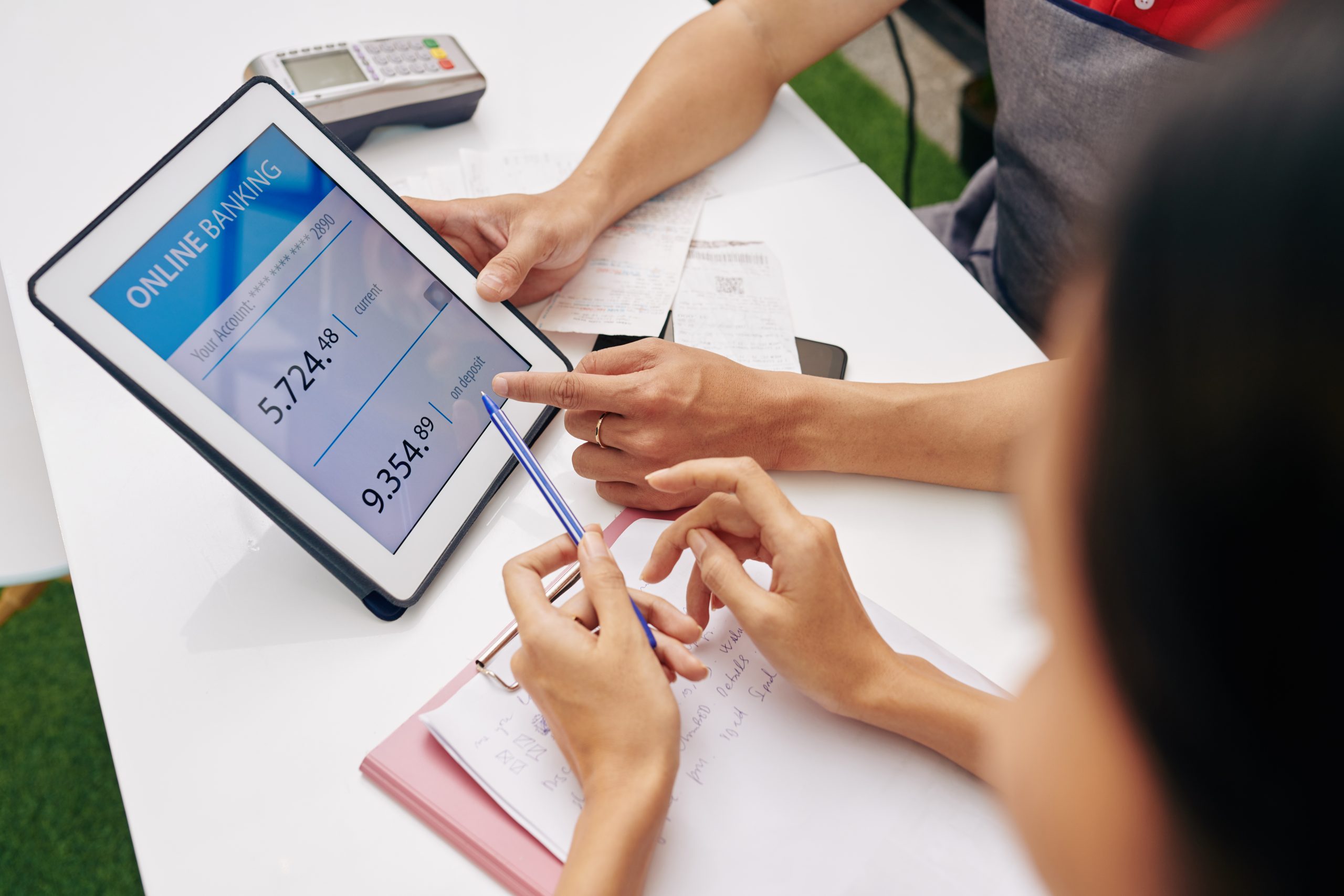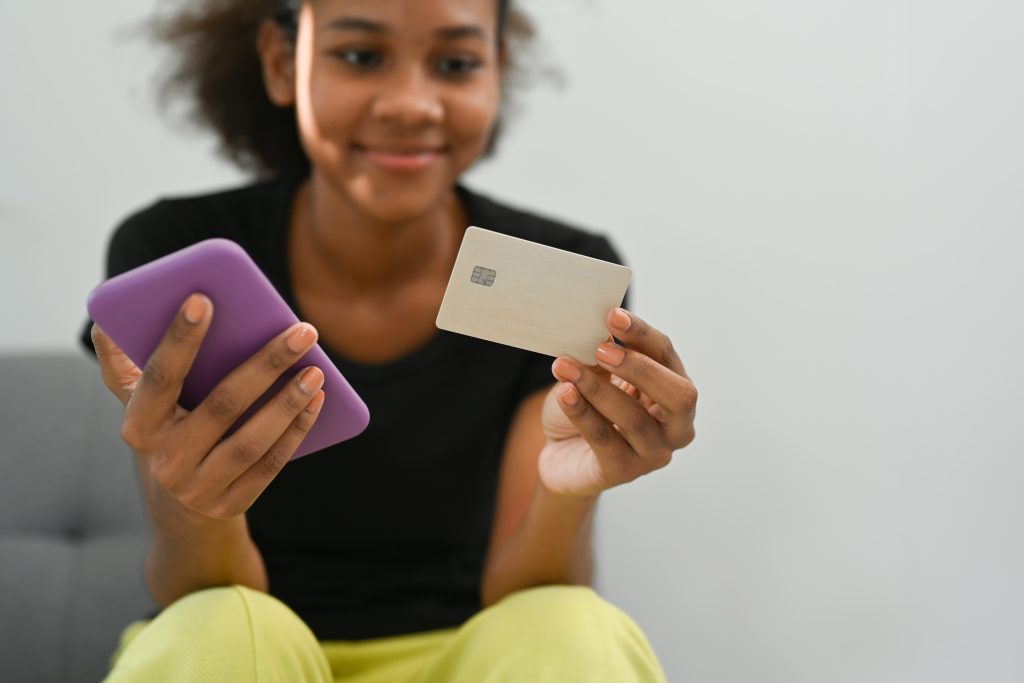What You Should Consider in Opening Your First Bank Account?

Opening your first bank account is an exciting step towards becoming financially independent. But what should you consider before taking this big leap? This article will provide a guide to help you make the right decisions when opening a bank account and ensure that your finances are secure. From understanding the different types of accounts available, to considering which bank is best for you, this guide will help you navigate the process of choosing the perfect bank account for your needs. With this information, you can confidently open your first bank account and get ready to take charge of your financial future!
What is a Bank Account?
A bank account is a financial tool used to store, manage, and access money. This type of account can be opened with a variety of financial institutions such as banks, credit unions, or online-only banks. Bank accounts have a range of features and benefits associated with them, including the ability to store funds in an account for safekeeping, pay bills online using direct deposit or digital payments, and make purchases using debit cards. Furthermore, bank accounts often offer additional services such as overdraft protection and automatic bill payments. While different types of accounts have their own specific requirements and fees associated with them, all provide users with the convenience of managing their finances from a single source. With careful research and consideration into the different options available, selecting the right bank account for your needs can help you maximize your financial potential.
Having a bank account can be an incredibly useful and convenient tool to help manage your finances. Not only is it a safe place to store money, but it also offers a range of features and services that can help you maximize your financial potential. So why wait? Open up your own bank account today! And if you’re still wondering why you should open a bank account, stay tuned for the next section where we explore the benefits of doing just that!

Why Should You Open A Bank Account?
Opening a bank account can be an incredibly useful step when it comes to managing your finances. Not only does it provide a safe place to store money, but it also offers a variety of features and services that can make managing your money easier. With the right bank account, you can enjoy the convenience of online banking, direct deposit payments, debit card purchases and more. Additionally, many accounts offer overdraft protection and automatic bill payment options for added security and convenience.
Furthermore, having access to different types of financial accounts means you’re able to take advantage of savings opportunities offered by banks such as interest-bearing checking accounts or high yield savings accounts. All in all, opening a bank account is an important step towards building your financial future.
Opening a bank account is the first step to a stable financial future. Keep reading to learn more about the benefits of having a bank account.
Benefits of Having a Bank Account
Having a bank account can provide numerous benefits to those looking to manage their finances. For starters, it provides a safe place to store money and access funds quickly and securely. Furthermore, many banks offer features such as direct deposit payments, debit cards, overdraft protection and automatic bill payment options for added convenience. Additionally, having access to different types of financial accounts allows you to take advantage of savings opportunities offered by banks such as interest-bearing checking accounts or high yield savings accounts. All in all, opening a bank account is an important step towards building your financial future and managing your money more effectively.
Choosing the Right Bank for You
Choosing the right bank for you is an important step when opening a new account. There are many factors to consider, such as location, types of accounts offered, fees and services. Generally, there are three types of banks: community banks, national banks and regional banks. Each type has different rules and regulations that may affect your decision. Additionally, some banks offer online banking options while others provide more traditional services like physical branches or ATM access. When selecting a bank, it’s important to do research and compare different institutions to find the one that best meets your needs. It is also important to make sure the bank you choose is FDIC insured in case something happens to your funds. Finally, read through the terms and conditions of any agreement you sign with a financial institution so you understand all of the fees associated with your account before making a commitment.
No matter your banking needs, it is important to carefully select the best bank for you. So take the time to research and compare different financial institutions before making a final decision. Now that you know what type of bank to choose, let’s explore the considerations for opening your first bank account!
Considerations in Opening Your First Bank Account
Opening a bank account is an important step in managing your finances and taking control of your financial future. Before opening an account, it’s important to consider the type of account you need, such as a checking or savings account. Other considerations include researching banking fees, initial deposit amounts, minimum balance requirements and overdraft fees. Additionally, understanding whether you’re eligible for special offers from credit unions or banks can help you get the best deal.
When selecting a bank, it’s important to do research and compare different institutions to find the one that best meets your needs. Make sure the bank is FDIC insured so that if something happens to your funds they will be protected. It is also important to read through any agreement you sign with a financial institution so you understand all of the fees associated with your account before making a commitment. Opening a bank account can be overwhelming but with proper research and consideration it can be done quickly and easily!
Having a bank account is an important step in taking control of your financial future, and with the right research you can find the perfect fit for your goals. Now that you know what to consider when opening a bank account, why not learn where to open one?
Where Should I Open My Bank Account?
When it comes to opening a bank account, you have many options. You can open an account at a traditional brick-and-mortar bank, a credit union, or an online bank. Each option has its own advantages and drawbacks that you should consider before making your decision.
Brick-and-mortar banks offer convenience when it comes to in-person banking services such as deposits and withdrawals. Credit unions are another popular choice for people who want to get a better deal on their financial products and services. Online banks are great for those looking for low fees and the ability to manage their finances from anywhere with an internet connection.
Before deciding where to open your account, research each institution’s rates and fees, minimum balance requirements, customer service policies, ATM networks and more. Make sure the institution is FDIC insured so that your funds will be protected should something happen. Read any agreement you sign with the financial institution carefully so you understand all of the associated fees before opening your account. With proper research and comparison shopping, you can find the best fit for your needs!
What Kind of Account Do I Need?
When considering opening a bank account, it’s important to determine what type of account best suits your needs. Checking accounts are the most common type of bank account, and typically offer features like direct deposit, debit cards, and online banking capabilities. Savings accounts are another popular choice for earning interest on your deposits and helping you grow your money. Additionally, many financial institutions also offer credit cards, business loans, and other services that may be beneficial to your financial goals.
To determine which type of account is right for you, consider the features you need such as overdraft fees, monthly service fees, automatic payments or bill pay options, statement cycle timelines and more. Each option offers different benefits so take some time to compare the pros and cons of each product before making a decision. Additionally, you should research minimum balance requirements and any associated fees that could come with opening an account in order to make sure it fits into your budget.
By taking the time to evaluate all of these factors when choosing a bank account, you can find one that meets both your current needs as well as future goals.
What Do I Need to Open a Bank Account?
Opening a bank account can be an important step in managing your finances and achieving financial success. In order to open a bank account, you’ll need to provide some basic information such as your government-issued I.D., proof of Social Security number, and proof of address. Additionally, you may need to make an initial deposit in the form of cash or check.
When choosing a bank account, it’s important to consider features such as overdraft fees, monthly service fees, automatic payments or bill pay options, statement cycle timelines and more. Additionally, research minimum balance requirements and any associated fees that could come with opening an account in order to make sure it fits into your budget.
Lastly, be sure to visit different banks and credit unions in your area to compare their services and potential benefits before making a decision on where you’d like to open your first bank account. By taking the time to do this research upfront, you can find the best banking option for your needs.
How Do I Start Using My Bank Account?
Once you have opened a bank account, it is important to start using it. Doing so can help you manage your finances and keep track of your spending.
To begin using your account, you will need to activate any debit or credit cards that come with it. This usually requires visiting a bank branch in person or completing the activation process online. You may also need to set up a Personal Identification Number (PIN) for in-person purchases with the debit card.
You should also set up direct deposit from your employer if available. This can be done by contacting your payroll department and filling out the necessary forms. Doing this will ensure that your paycheck is deposited directly into the bank account each month without having to manually transfer funds yourself.
Finally, familiarize yourself with features such as digital payments, automatic bill payments, and mobile check deposits that are available through your banking institution’s website or app. Using these features properly can help save time and make managing money easier in the long run.
Types of Bank Accounts
When it comes to managing your finances, having the right type of bank account can make a big difference. From checking accounts and savings accounts to money market accounts and CDs, there are several different types of bank accounts that offer varying benefits based on your individual needs.
Checking accounts are ideal for day-to-day transactions and typically come with debit cards for easy access. Savings accounts provide a secure place to store money with the potential for earning interest on deposits over time. Money market accounts often come with higher interest rates than savings accounts but may require a minimum balance to earn those higher rates. And finally, certificates of deposit (CDs) usually offer the highest rate of return if you don’t need immediate access to your funds as they require you to leave the money in the account for a specific period of time.
No matter which type of account you choose, it’s important to compare features, fees, and interest rates across different financial institutions before making a decision. Doing so can help ensure that you get the most out of your banking experience while meeting all of your financial goals.
Choosing the right type of bank account for your financial needs can go a long way in helping you reach your financial goals. With the right information and research, you can find the perfect match and make the most of your money. Now, let’s discover how to create a successful conclusion!

Conclusion
In conclusion, when opening your first bank account, it’s important to consider all of the different types of accounts available and how they can best meet your financial needs. Additionally, you should compare fees, interest rates, services, and other features across different banks to ensure that you make the right choice. By taking the time to research and compare your options before making a decision, you can get the most out of your banking experience while meeting all of your financial goals.








